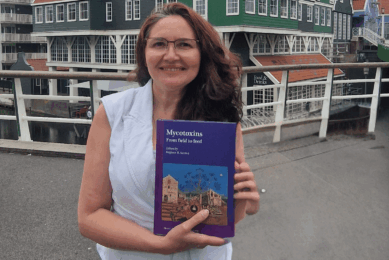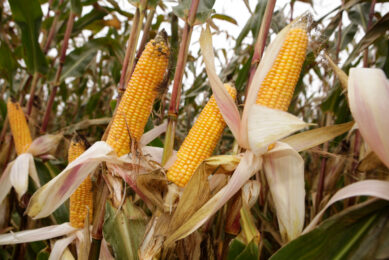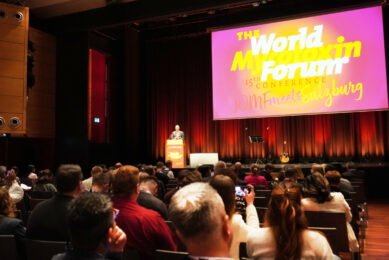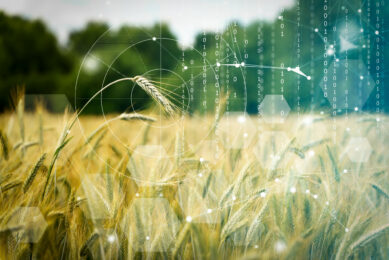Professor Sarah de Saeger: “We need to focus on finding solutions”
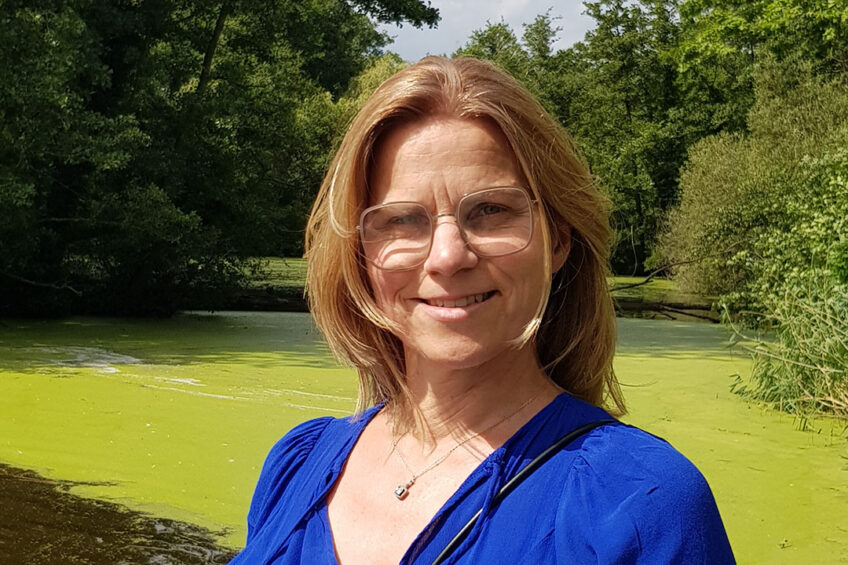
Professor Sarah De Saeger, local conference chair at the 14th edition of the World Mycotoxin Forum, shares a few words about what to expect from this year’s event.
The WMF will bring together industry professionals, scientists and experts in the field of mycotoxins. What makes the forum so unique?
The World Mycotoxin Forum is one of the biggest mycotoxin events in the world. I see it as an opportunity for people to come together to share ideas, voice concerns and look at figuring out solutions. The forum attracts researchers, experts in the field and professionals but we also see a lot of participants coming from businesses and various other industry backgrounds. This makes it possible to make a real connection between science and finding solutions for the problem. This is what makes the World Mycotoxin Forum so unique.
During the WMF programme there is also an interactive debate which you will be moderating, what will this entail exactly?
This is the first time that a debate like this will take place at the forum, this is an entirely new initiative organised by the International Society for Mycotoxicology (ISM). The debate will be a world tour on climate change and the battle against mycotoxins. We have invited the presidents of different mycotoxicology societies from all over the world. As well as ISM, the Latin America, and the African Society of Mycotoxicology will be present together with the Society for Mycotoxin Research. Per country we have the Thai, Japanese and Nigerian Society of Mycotoxicology. The presidents of the societies may not be experts on climate change, but they know about the current situation in their continent or country. They explain in more detail about the approaches needed in the continuous battle against mycotoxins. You will also hear from companies who will give their views on mycotoxins and climate change. This is a great example of continuous interaction between scientists and industry. These companies have access to a large amount of historical data which, once shared, can really help in understanding the influence that climate change has on the occurrence of fungi and mycotoxins. The floor will be open for a live discussion with all the participants.
Talking about sharing data, how important do you think collaboration is within the industry in the battle against mycotoxins?
It’s very important! It’s always very important to collaborate on different levels. First, you need to find collaborations in your own specific area of work. Mycotoxins are a very complex problem and need specialists in different disciplines. You cannot accomplish things alone. For example, in my lab we only analyse mycotoxins. However, by only analysing mycotoxins you cannot find solutions. So, you need a good set of different experts from mycologists to food scientists, for the animal sector you need feed companies and nutrition specialists, to name a few. It’s interdisciplinarity of the collaboration in your own small area. But besides that, you also need to collaborate outside your own borders, you need to look at other countries and not only Europe. We also of course need to work with the developing world, so global collaboration is necessary. Therefore, I have taken the initiative as the president of the International Society of Mycotoxicology to strengthen the bonds between the different presidents of the other mycotoxicoloxy societies over the world. It has been a slow process, but I have noticed in the last few years that there is more collaboration between the different sectors, but more could be done here. Due to it being such a global problem, it’s important that we have more research institutes and universities working together and of course policymakers and other stakeholders.
What are your thoughts on climate change and the impact it has on mycotoxins?
Firstly, I’m not a specialist in climate change at all. I can only answer from what I have observed and read. It’s very clear there are changes ongoing in mycotoxin occurrences due to climate change. There are studies which show that pathogens and not only mycotoxigenic fungi, but also other agriculturally important pathogens are moving more towards the poles because of the warming climate. Those studies show there is a clear shift in the spread of the mycotoxigenic fungi. One example, for instance, is the very well-known Aspergillus flavus fungus, which develops the aflatoxins which are the most toxic ones. So, we see now there is higher occurrence of those aflatoxins in Europe, which was not the case in the past. For instance, when I started a long time ago with my PhD it was always said that aflatoxins are a problem in tropical areas. Now we see they‘re also present in the southern and eastern parts of Europe. It’s something we really need to study further and be aware of for sure.
What do you want the ‘take home’ message to be for people visiting the forum?
We really need to focus on finding solutions to manage mycotoxin contamination. There is a lot of literature and studies available on mycotoxin issues. This data is valuable and needed but I think we need to look at finding real solutions. This is difficult, we have been working for decades on this problem and it remains difficult to solve. Collaboration is another take home message, not just collaboration between scientists, but also involve the stakeholders who are in the field, who see first-hand what the situation really is.
Professor De Saeger, together with Professor Marthe De Boevre from the Centre of Excellence in Mycotoxicology and Public Health, Ghent University, Belgium , were the local conference chairs at the 14th edition of the World Mycotoxin Forum.
Join 13,000+ subscribers
Subscribe to our newsletter to stay updated about all the need-to-know content in the dairy sector, two times a week.



